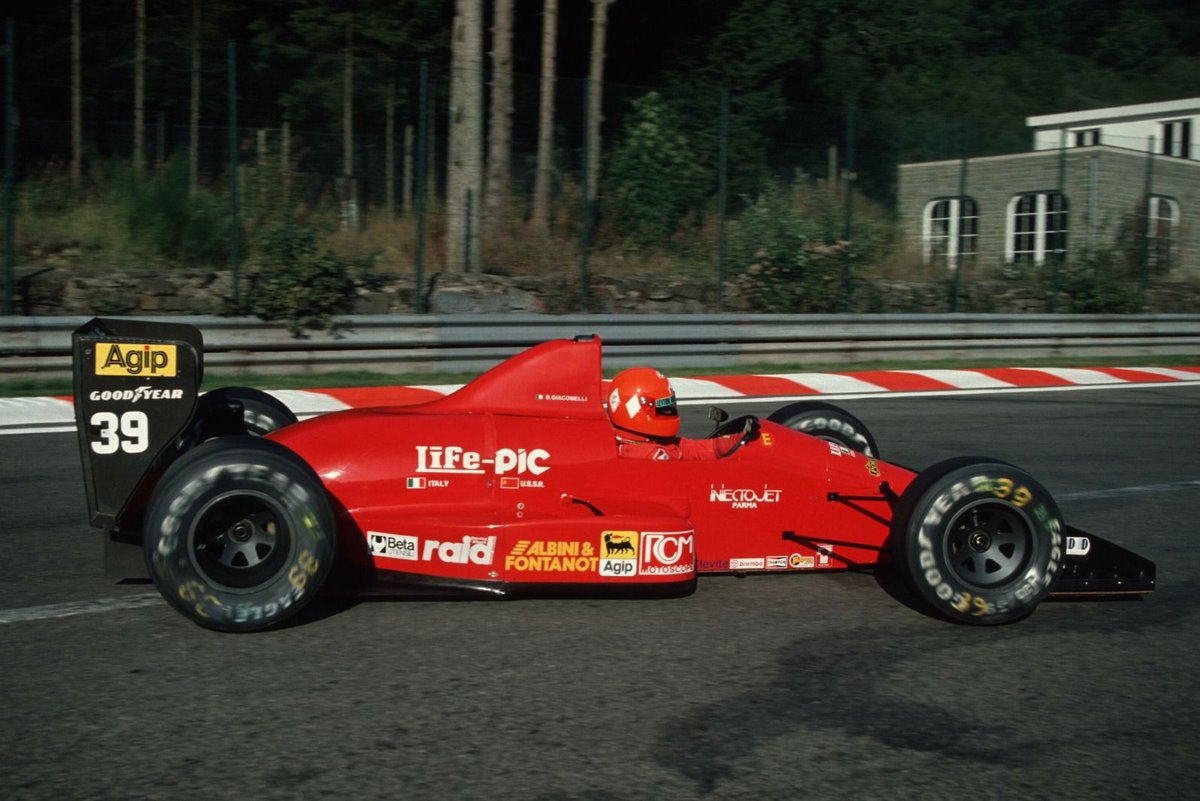F1 team names have been a significant point of discussion during the off-season, with two constructors undergoing rebranding for the 2024 season.
AlphaTauri, Red Bull’s sister squad, transitioned its operation to Visa Cash App RB, while Sauber abandoned its Alfa Romeo identity in favor of a title sponsorship with online casino company Stake and live streaming platform Kick.
These changes sparked controversy within the F1 community, with some, like Autosport’s Alex Kalinauckas, viewing them as merely a “branding exercise” to secure additional funding.
While renowned teams like Ferrari and Williams have a storied history, not all F1 teams have enjoyed such illustrious names. Here are five of the most peculiar team names that have graced a grand prix weekend since the championship’s inception in 1950.
Antique Automobiles
- First Entry: 1969 Monaco Grand Prix
- Final Entry: 1970 United States Grand Prix
- Races Entered:
- Points Scored:
- Notable Drivers: Vic Elford, Ronnie Peterson
Antique Automobiles, a privateer team managed by Colin Crabbe, participated in 14 grands prix under the F1 world championship. The team, known for its association with historic racing cars, rented vehicles from other teams for its races. In 1969, Antique Automobiles debuted at the Monaco GP with Vic Elford driving a Cooper T86 to a seventh-place finish. The team continued its competitive streak throughout the season, with Elford securing points at the French and British grands prix.
In 1970, Antique Automobiles recruited rookie Ronnie Peterson, who later achieved significant success in his career. Despite a promising start with a seventh-place finish in Monaco, Peterson concluded the season without scoring points. The team’s final race was the 1970 United States GP, where Peterson finished 11th before the team decided to discontinue its operations.
Clarke-Mordaunt-Guthrie-Durlacher
- First Entry: 1971 British Grand Prix
- Final Entry: 1973 United States Grand Prix
- Races Entered:
- Points Scored:
- Notable Drivers: Mike Beuttler, Reine Wisell
Clarke-Mordaunt-Guthrie-Durlacher, a British team that competed in the 1973 F1 season, faced a challenging year with no points scored. The team, initially known as Clarke-Mordaunt-Guthrie, was formed by London stockbrokers who supported driver Mike Beuttler’s racing endeavors. By 1973, the team expanded to include Jack Durlacher, resulting in the lengthy team name.
Despite its efforts, the team struggled to make an impact on the F1 grid and eventually withdrew from the championship in 1974 due to financial constraints caused by the 1973 oil crisis.
Goldie Hexagon
- First Entry: 1974 Argentine Grand Prix
- Final Entry: 1974 United States Grand Prix
- Races Entered:
- Points Scored:
- Notable Drivers: John Watson, Carlos Pace
Goldie Hexagon, a British team named after car dealers John Goldie and Hexagon of Highgate, made its F1 debut in 1974. The team, sponsored by the aforementioned car dealers, fielded John Watson in a Brabham BT42 and later a BT44. Despite financial challenges leading to the team’s dissolution after the 1974 season, Goldie Hexagon showcased competitiveness with Watson securing points finishes in Monaco, Austria, and the United States.
Jolly Club
- First Entry: 1971 Italian Grand Prix
- Final Entry: 1986 Portuguese Grand Prix
- Races Entered:
- Points Scored:
- Notable Drivers: Silvio Moser, Loris Kessel, Ivan Capelli
Originating from a Milan restaurant in 1957, Jolly Club began as a motorsport outfit that later found success in rallying. The Italian team, symbolized by the ‘joker’ card representing versatility, ventured into the World Rally Championship in 1983, achieving multiple podium finishes and a victory in Italy over a 16-year span.
While primarily a rallying powerhouse, Jolly Club briefly entered F1, with limited success, making appearances in the early 1970s and a brief return in the mid-1980s before exiting the F1 scene.
Life Racing Engines
- First Entry: 1990 United States Grand Prix
- Final Entry: 1990 Spanish Grand Prix
- Races Entered:
- Points Scored:
- Notable Drivers: Gary Brabham, Bruno Giacomelli
Life Racing Engines, named after founder Ernesto Vita (meaning ‘Life’ in Italian), endured a tumultuous 1990 F1 season. The team’s W12 engine, designed by former Ferrari engineer Franco Rocchi, proved underpowered compared to its rivals, leading to a string of unsuccessful qualifying attempts. Despite efforts to sell the engine in 1989, the team faced financial challenges and decided to compete independently in 1990.
With a heavy chassis and poor performance, Life Racing Engines struggled to qualify and complete races, culminating in a disappointing season with no championship points. The team’s brief stint in F1 highlighted the difficulties of competing at the sport’s highest level without adequate resources and technical prowess.
